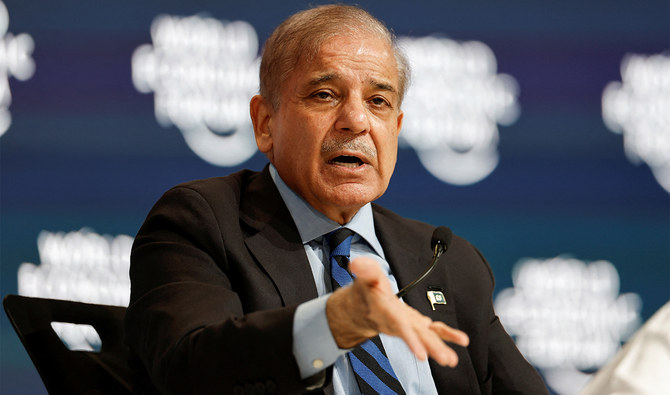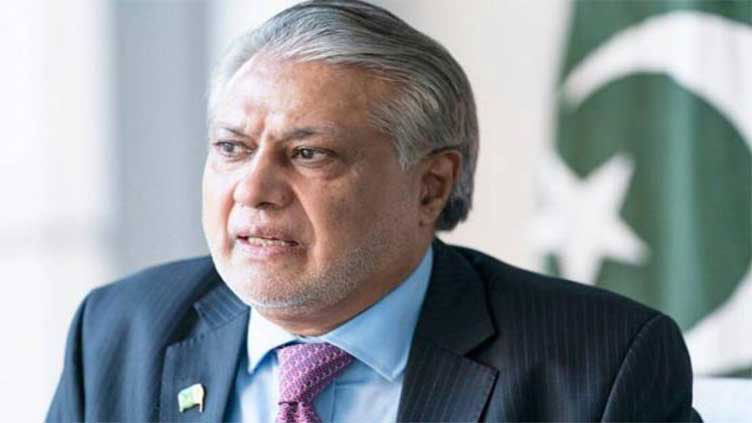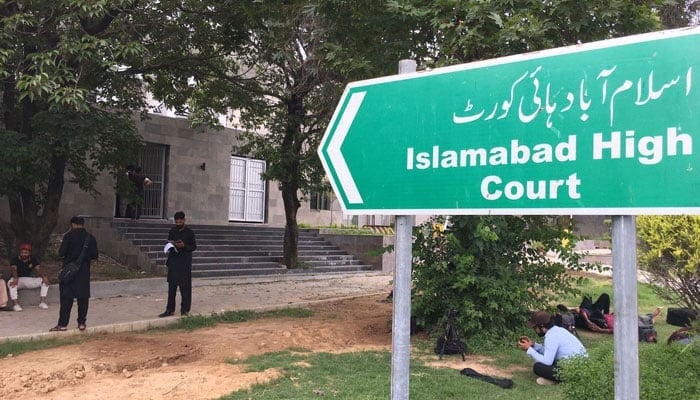Pakistan
NAB law explainer: Anti-graft body now restricted to corruption over Rs500m
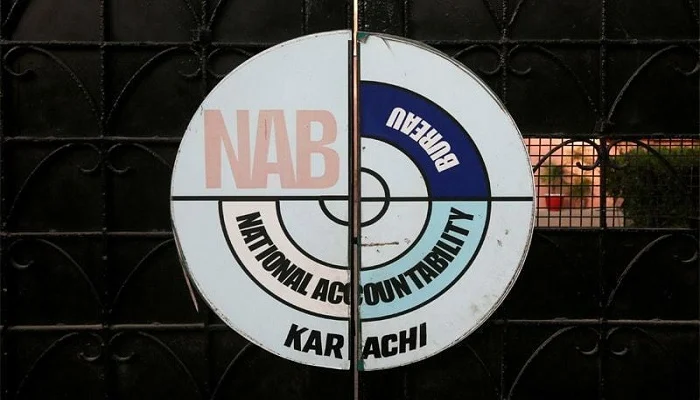
Latest News
PM Shehbaz will meet with Saudi ministers and speak at the WEF special session today.
Latest News
The nomination of Ishaq Dar as deputy prime minister raises concerns.
Latest News
Audio leaks case: FIA, PTA, and PEMRA pleas seeking Justice Sattar’s recusal dismissed
-

 Latest News15 hours ago
Latest News15 hours agoIn KP rain-related incidents, ten people died.
-

 Latest News15 hours ago
Latest News15 hours agoThe green colour of WhatsApp ‘angers’ some users.
-

 Latest News16 hours ago
Latest News16 hours agoPunjab takes action against factories that generate smoke.
-

 Latest News15 hours ago
Latest News15 hours agoThe nomination of Ishaq Dar as deputy prime minister raises concerns.
-

 Latest News15 hours ago
Latest News15 hours agoPM Shehbaz will meet with Saudi ministers and speak at the WEF special session today.
-

 Business15 hours ago
Business15 hours agoOver 500 points are lost by PSX stocks during intraday trading.
-
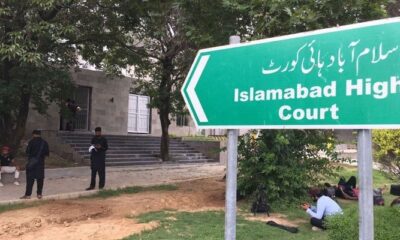
 Latest News15 hours ago
Latest News15 hours agoAudio leaks case: FIA, PTA, and PEMRA pleas seeking Justice Sattar’s recusal dismissed
-

 Latest News16 hours ago
Latest News16 hours agoIn Pakistan’s 91 districts, an anti-polio campaign is launched.

